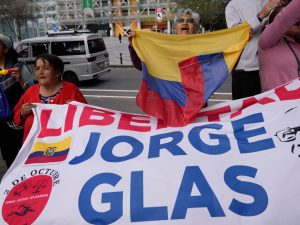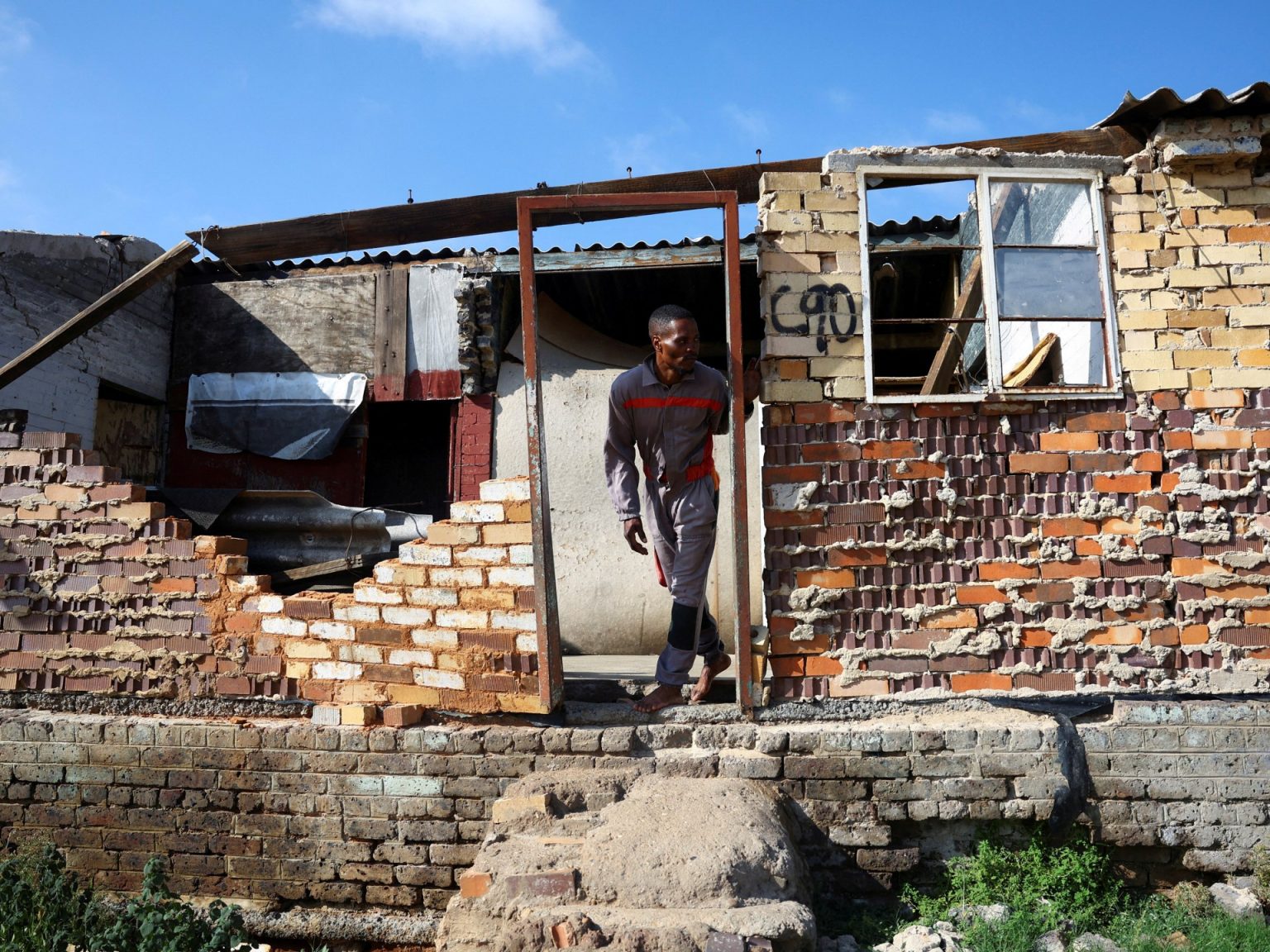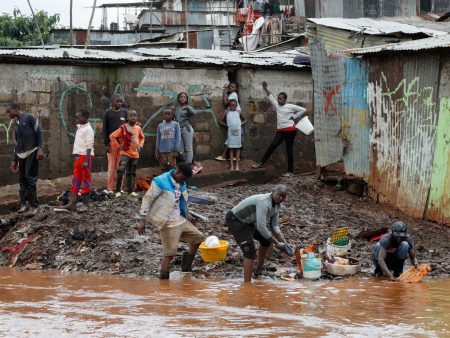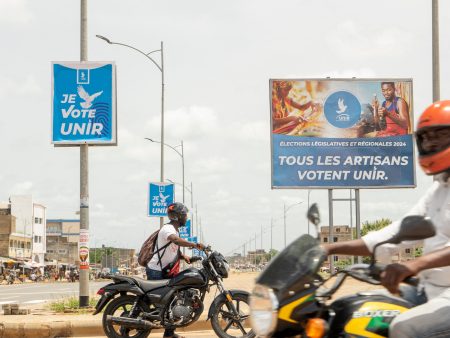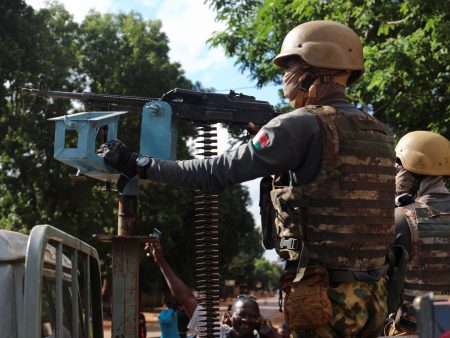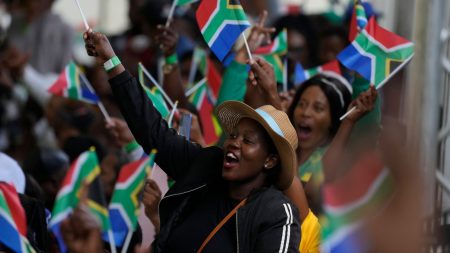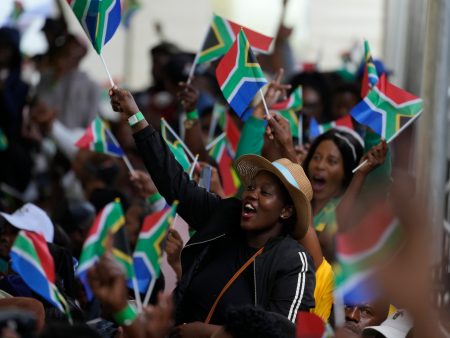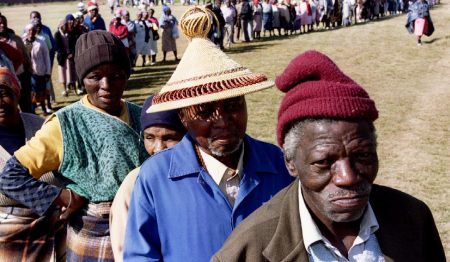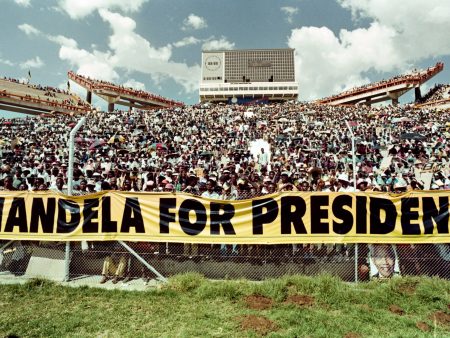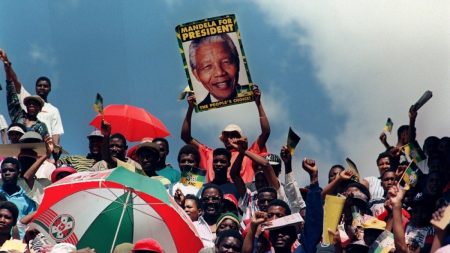In Johannesburg, South Africa, Mlindelwa Mtungwa, a father of six, has been living in the Diepkloof hostel since 1979, seeking a better life in the economic hub of the country. Originally built to house Black men as cheap labor under apartheid, hostels like Diepkloof have deteriorated over the years, facing neglect and issues such as poverty, unemployment, and crime. Residents, frustrated with the lack of basic services, have taken to protesting to demand improvements to their living conditions, such as fixing broken infrastructure and providing sanitation facilities.
Hostels in Johannesburg have a long history tied to the apartheid-era migrant labor system, which separated Black men from their families and prevented them from building permanent homes. Over the years, tensions have persisted between hostel-dwellers and township residents, leading to violence during the transition from apartheid to democracy. Today, overcrowding is a major issue in hostels like Diepkloof, where full families now occupy rooms that were originally meant for single men. Despite efforts by the government to provide better housing solutions, promises have often been left unfulfilled, leaving residents disillusioned.
Service delivery in hostels has been lacking, with residents experiencing challenges such as inadequate sanitation facilities and overcrowded living spaces. Recent protests have highlighted the frustrations of residents, who feel that the government has not prioritized their needs. With the upcoming elections, there is a sense of distrust among hostel residents towards the government, as many feel that promises made in the past have not been kept. Despite some improvements, such as access to water and electricity, there is a long-standing need for better housing and living conditions for residents of places like Diepkloof hostel.
The ongoing housing crisis in South Africa has left many people, like Mtungwa, on waiting lists for decades with little hope of ever finding a home. Despite efforts to deliver housing units, the RDP housing backlog remains at over one million people. This backlog leaves many individuals feeling resigned to their current living situations, with few prospects for improvement. The strain on basic services due to urbanization has led to the growth of informal settlements, further exacerbating the housing crisis and leaving many residents of hostels like Diepkloof in precarious living conditions.
Recent promises by government officials to improve housing and living conditions in hostels have been met with skepticism by residents who have heard similar pledges in the past. The history of empty promises and neglect has fostered a sense of betrayal among hostel residents, who feel that their needs have been overlooked for too long. Despite some efforts to address issues such as broken infrastructure and inadequate sanitation, the overall situation in hostels remains dire, with residents continuing to push for meaningful change.
For residents like Mtungwa, the hope of finding a permanent home in Johannesburg has faded over the years, with little progress made on his housing application since 1996. As he nears the end of his working life, he has resigned himself to living in his small room in Diepkloof hostel until retirement, after which he plans to return to his village in KwaZulu-Natal. The cycle of unfulfilled promises and deteriorating living conditions continues for residents of hostels like Diepkloof, highlighting the ongoing challenges of urbanization and housing inequality in South Africa.

